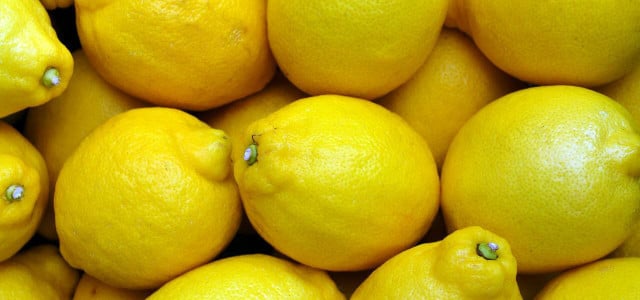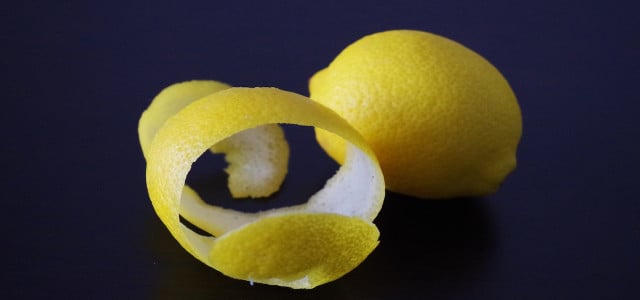Lemon extract is often needed in all sorts of baking and cooking recipes. Here we outline a few lemon extract substitutes you can use to replace the real thing.
Lemon juice and lemon extract may seem like they’re the same, but they actually have a significant difference. Lemon juice is produced from lemon flesh, whereas lemon extract comes from the skin itself. As expected, their flavours are also a little different. Lemon extract tends to have a much more potent aroma than lemon juice and is yellow/golden in color with a strong acidic odor. It is a concentrated form of lemon oil that is extracted by distilling the zest of the lemon. However, this method or production does take lot of energy and produces a quite a bit of waste.
1. Grated Lemon Peel
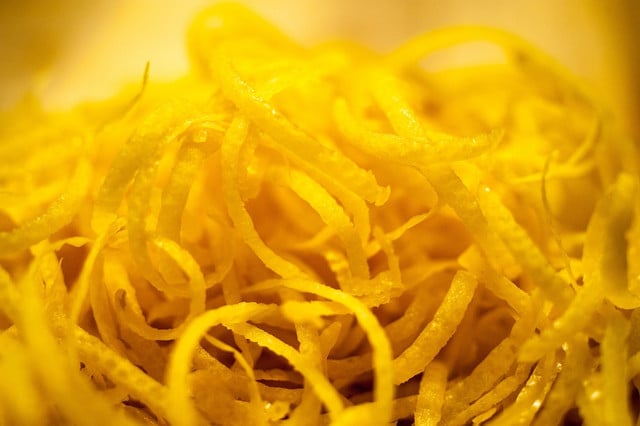
(Foto: CC0 / Pixabay / sakulich)
A much more sustainable option is to simply grate the peel of the lemon and use it in your chosen recipe. Lemon peel substitutes the more artificial flavor of lemon extract. Taking full advantage of your lemon peel by drying it in the sun or in the oven before storing it. This recipe is simple to make, and you probably have all of the ingredients in your kitchen already.
You can use grated lemon peel to:
- Dehydrate for multiple recipes and tea
- Make lemon pepper
- Deodorize you garbage bin
- Removing stubborn grime from your bathtub or sink
- Clean for coffee and teapots
2. Vinegar
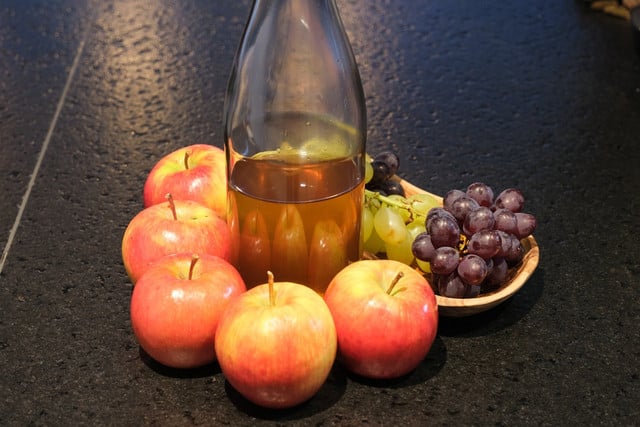


(Foto: CC0 / Pixabay / Pantagruelo)
Given vinegar’s slightly acidic properties, it is another popular lemon extract substitute. From creating delicious dressings for a whole variety of salads to acting as a replacement for lemon extract in baking and dessert recipes, you will quickly discover how versatile vinegar truly is when it comes to homemade dishes.
You can use vinegar for:
- Pan sauces and stir fries
- White wine sauce recipes
- Pickling
- Dipping sauces & condiments, especially Asian-style dishes
- A glaze for roasted vegetables
- Dough recipes
3. Lemon Juice
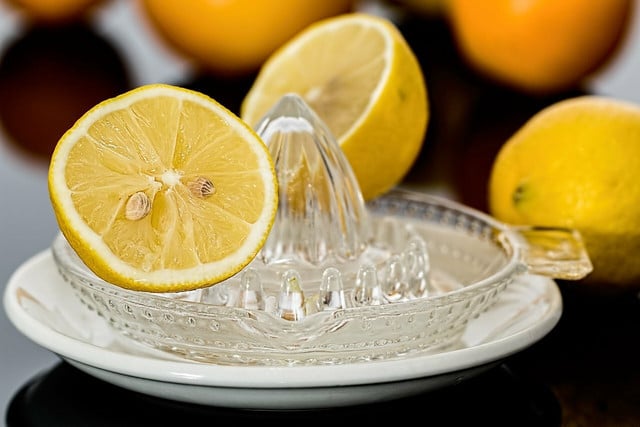


(Foto: CC0 / Pixabay / stevepb)
If you’re searching for a substitute for lemon extract, you can often use lemon juice. Lemon juice is a little more acidic than lemon extract, so it provides a different flavor. You can also experiment with other citrus juices from limes or oranges as an alternative to lemon extract. Lemon juice also contains less sugar than lemon extract, so keep this in mind when preparing a sweet dessert recipe for example.
You can use lemon juice for:
- Lemon curds & syrups
- Lemon-garlic soup & Asian-style cooking
- Salad dressings
- Lemonade
- Boozy popsicles
- Desserts and baked treats
4. Lime Juice
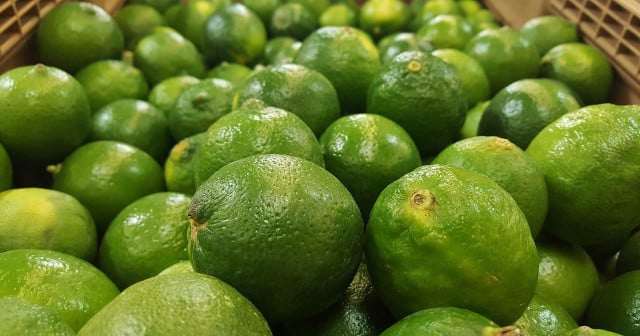


(Foto: CC0 / Pixabay / Brett_Hondow)
Lime juice can be substituted for lemon extract in recipes. Lime juice is typically tart and acidic, while lemon extract is more sweet and tangy. Lime juice is ideal for tasty sauces or as an accompaniment to fish and poultry.
You can use lime juice to:
- Enhance the flavor of fruits, vegetables & salads
- Make baked goods and dessert recipes
- Try the famous Key Lime pie
- Garnish desserts and refreshing beverages
5. Cream Of Tartar
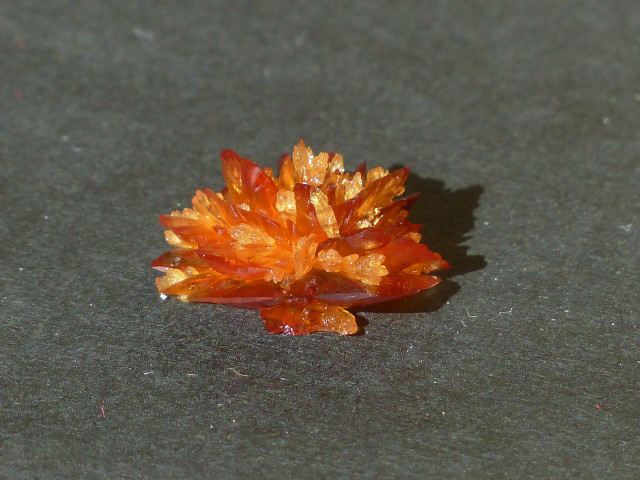


(Foto: CC0 / Pixabay / Hans)
Cream of tartar is a potassium-based salt derived from tartaric acid, a byproduct of the fermentation process in winemaking. Technically known as potassium bitartrate, cream of tartar is an acidic powder mostly used as a leavening agent in baking. You can apply it as a replacement for lemon extract in recipes, but as you would imagine it will create a different flavor. This additive is especially useful for light and airy baked goods that need to rise and dessert recipes that call for whipped egg whites — but it can be used for a range of purposes.
Read more:
- Vegan Honey Alternatives: 4 Plant-Based Substitutes
- Hot Lemon Water: Recipe and Benefits for Your Health
- How to Make Candied Lemon Slices: Zero Waste Recipe
Do you like this post?






